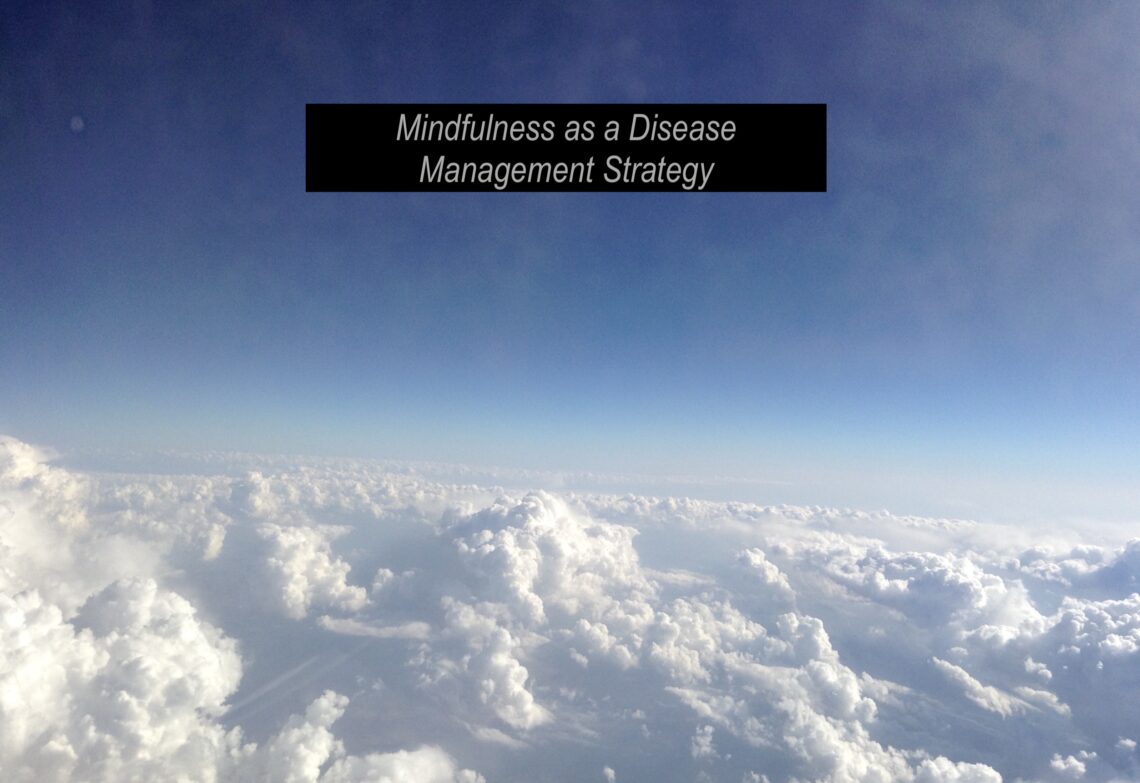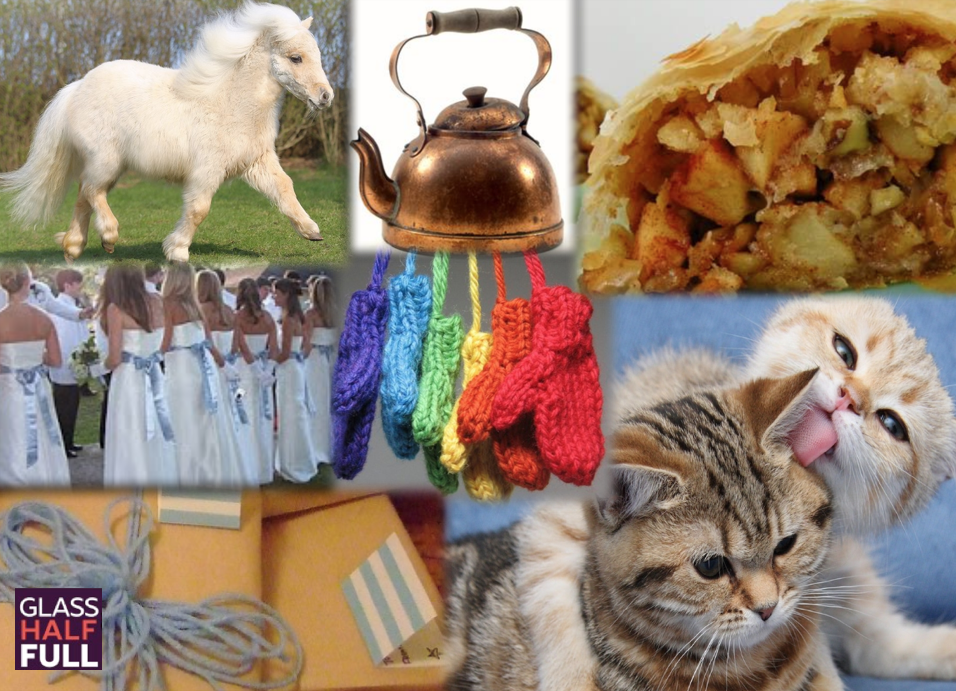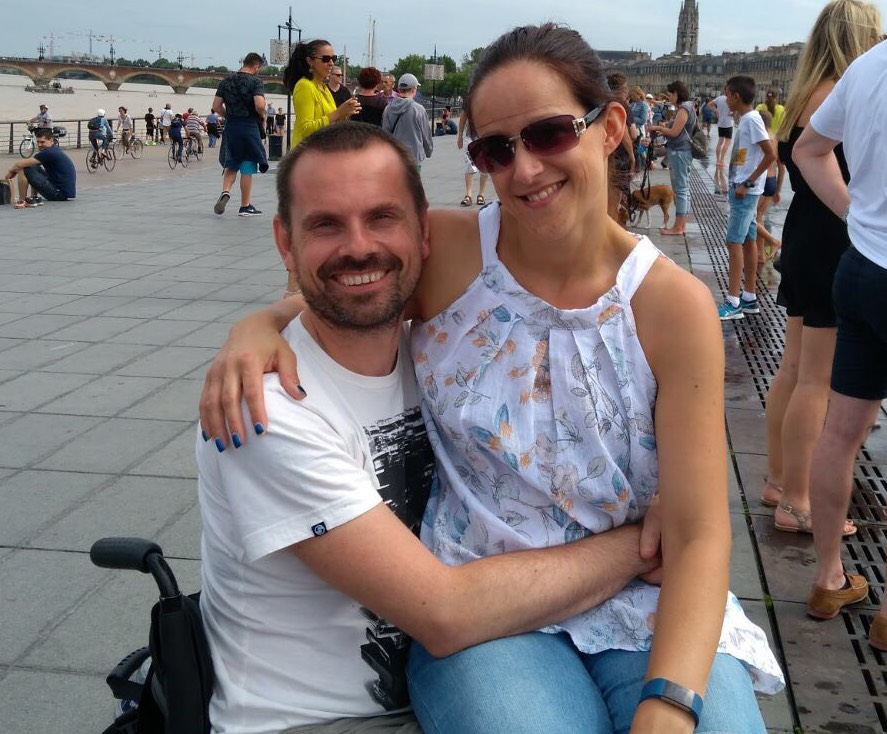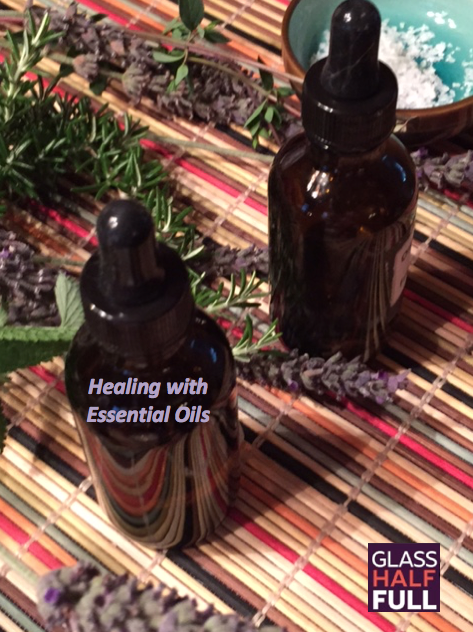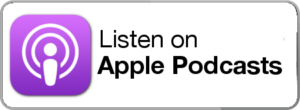Being diagnosed with a chronic, debilitating disease can certainly bring stress to one’s life. In fact, that stress can be significant enough to be called trauma. How one handles this stress varies. Some people have…
Patient Advocates, Patient Leaders
- February 4, 2020
- Tagged as: advocacy, autoimmune condition, caregivers, chronic fatigue syndrome, chronic illness, chronic pain, collagen six intermediate congenital muscular dystrophy, fatigue, fibromyalgia, Limb Girdle, lupus, Lyme disease, muscular dystrophy, neuromuscular disease, patient advocate, patient leader, respiratory, respiratory health, ventilator
What is a Patient Advocate? A patient advocate can be an actual patient with a mental and/or physical health condition, a caregiver for someone with a health condition, or a paid professional advocating on behalf…
Dianna Rowley, diagnosed with diabetes type 1, was a professional dancer. Although she had health issues in her childhood she wasn’t diagnosed until her early 20s when she experienced a major health crisis. Her journey…
How does a diagnosis of cancer and treatment change a person? In this 3-part series you’ll hear different stories on how a woman – diagnosed with cancer (breast, thyroid, and ovarian) – experienced the changes….
Holidays can be tough; that’s why we’re focusing on our favorite things. Peni, Laurel, and Kristl share their voices and 22 previous podcast guests tell us how they beat the funk when dogs bite or…
‘Tis the season to be thankful, grateful, and appreciative. But how does one get to a place of gratitude if you’re feeling miserable — physically, emotionally, or both? Toni Bernhard, author of How to Be…
In the continuing series, Food=Medicine, Cooking with Love explores different interpretations of how love can be a vital element in the food we eat. Whether it’s part of the mission of a local organic farm,…
- Alternative Healing Modalities
- Coping
- Mental Health
- Music and the Arts
- Podcast Episodes
- Relaxation
- Spirituality
Sound Therapy: I had to do this every day if I wanted to become well again
- June 24, 2018
- Tagged as: anxiety, bipolar disorder, chronic pain, depression, fibromyalgia, meditation, nervous system, neuroplasticity, relaxation, sleep, sound, stress, therapy, wellness, yoga
Sound Bath? Sound Meditation? Sound Symphony? Sound therapy has become a wonderful tool to access deep relaxation. For many, it is a gateway to meditation. Melissa Felsenstein of Inner Sounds Meditation shares her story of…
Gareth Walker, in northern England, works as a police officer and has progressive multiple sclerosis. His daily practice of mindfulness meditation enables him to navigate the physical and emotional difficulties of living with a chronic…
This episode features personal stories about how the use of essential oils has helped with a variety of conditions including depression, anxiety, fibromyalgia, fatigue, post-surgical pain and post cancer treatment. If you’re interested in deepening…
